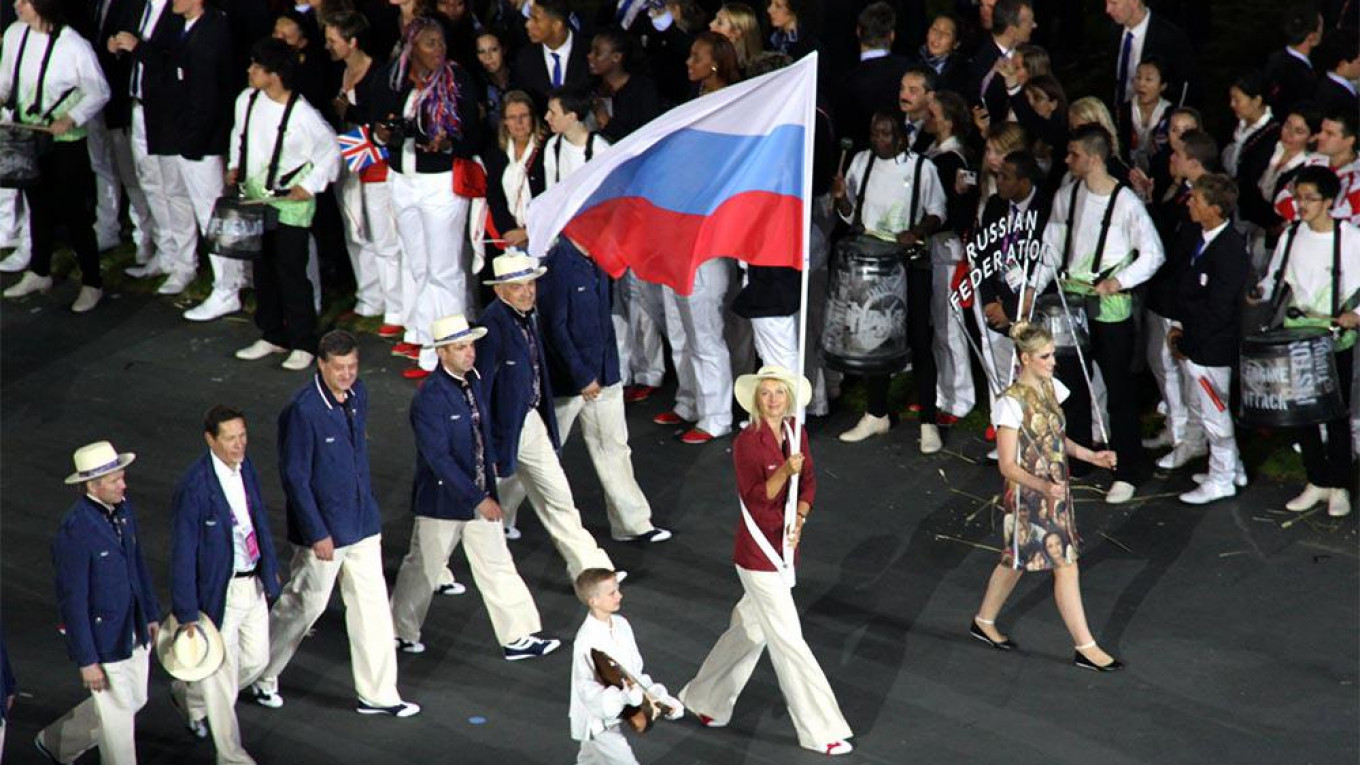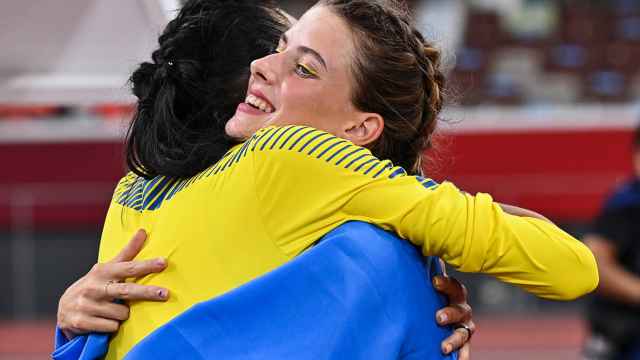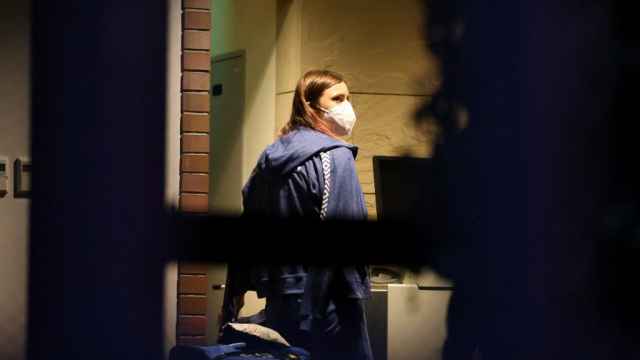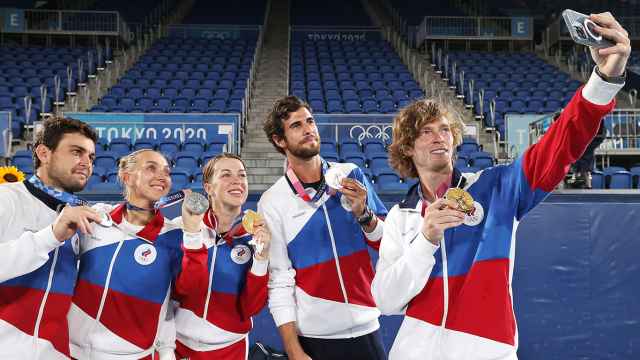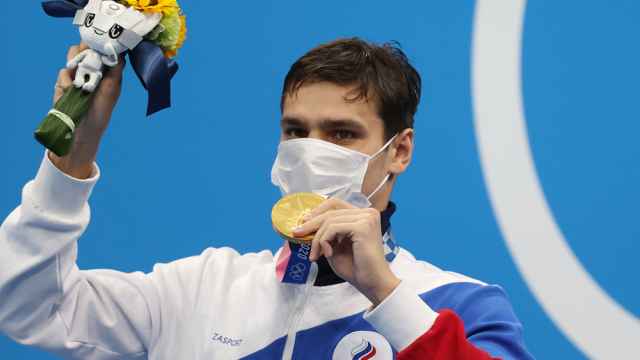The International Olympic Committee (IOC) on Tuesday announced that Russia’s athletes and officials would be barred from next February’s Winter Games in South Korea over doping allegations.
IOC President Thomas Bach said the move would pave the way for Russian athletes who could prove they were clean to compete under a neutral flag without the Russian anthem.
What does the IOC ruling mean for athletes?
— Only athletes with a clean record will be allowed to participate in the Winter Games in Pyeongchang.
— Even then, clean athletes will only be able to participate under a neutral flag. Other symbols of the Russian team, including the national anthem and the Russian tricolor will also be banned from the Games.
— Russian athletes have to individually submit an application to an IOC panel in which they prove they have a clean record.
— Coaches and medical staff associated with the banned athletes will also be barred from attending the Pyeongchang Games.
— The ban also applies to anyone considered to have been a “member of the leadership” of the Russian Team at the Sochi Olympic Games in 2014.
— Cleared athletes will compete as an “Olympic Athlete From Russia” (OAR).
— Clean athletes will wear a uniform marked OAR and compete under the Olympic Flag. Instead of the Russian national anthem, the Olympic anthem will be played at medal ceremonies.
— No Russian sports official will be allowed to attend Pyeongchang 2018.
This is how the ban impacts Russian officials:
— Dmitry Chernyshenko, who helped organize the Sochi Games in 2014, is suspended from his role in helping organize the Olympic commission for Beijing 2022.
— Russia has to pay the IOC $15 million in compensation for the investigation into Russian doping and help build an Independent Testing Authority (ITA).
— Deputy Prime Minister Vitaly Mutko, who as sports minister was implicated in the doping scheme by the World Anti-Doping Agency. is barred from attending the Olympic Games for life.
— Mutko’s former deputy, Yury Nagornykh, has also received a life suspension. His name has also appeared in WADA reports, which claim he played a crucial part in a state-sponsored doping program.
— The president of Russia’s Olympic Committee, Alexander Zhukov, has been excluded from the International Committee.
— The Russian television and radio holding that includes Rossia-1 and Rossia-24 has said it won’t broadcast the Games in February.
A Message from The Moscow Times:
Dear readers,
We are facing unprecedented challenges. Russia's Prosecutor General's Office has designated The Moscow Times as an "undesirable" organization, criminalizing our work and putting our staff at risk of prosecution. This follows our earlier unjust labeling as a "foreign agent."
These actions are direct attempts to silence independent journalism in Russia. The authorities claim our work "discredits the decisions of the Russian leadership." We see things differently: we strive to provide accurate, unbiased reporting on Russia.
We, the journalists of The Moscow Times, refuse to be silenced. But to continue our work, we need your help.
Your support, no matter how small, makes a world of difference. If you can, please support us monthly starting from just $2. It's quick to set up, and every contribution makes a significant impact.
By supporting The Moscow Times, you're defending open, independent journalism in the face of repression. Thank you for standing with us.
Remind me later.


